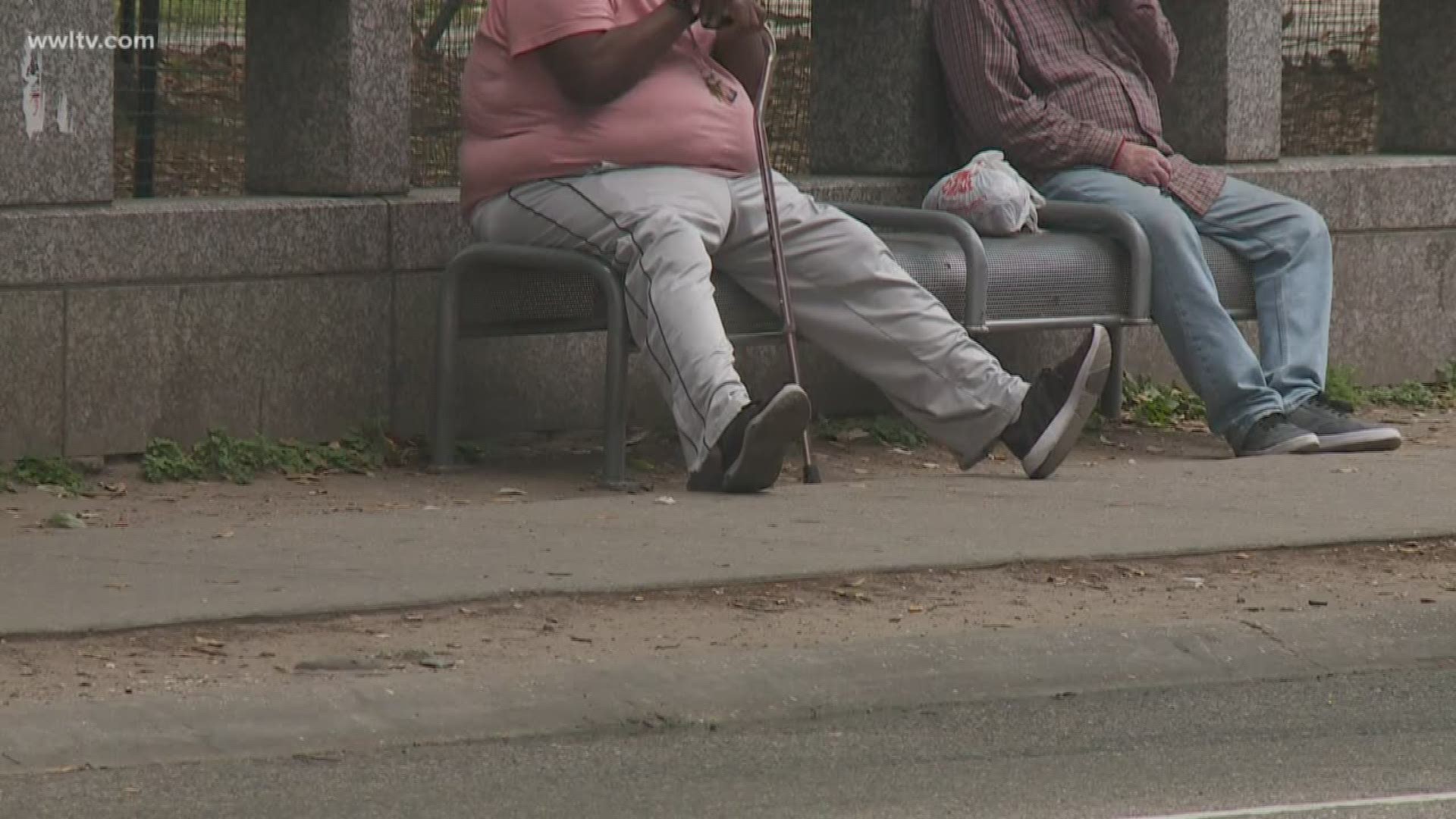NEW ORLEANS — More heart disease, more diabetes, more kidney disease, higher rates of obesity.
Tulane Medical Center cardiologist Dr. Keith Ferdinand says all of those health risk factors are prevalent in the African-American community, both locally and nationally.
Those same factors can turn COVID-19 into a death sentence, as recent statistics from the Louisiana Department of Health are revealing.
Numbers released by the state this week show that while 32% of the population in Louisiana is black, 70% of the coronavirus deaths come from that demographic.
Much of that is due to the high rate of death in New Orleans, which has an African-American population over 62%. As of Tuesday, New Orleans accounted for 185 of the state’s 582 Covid-19 deaths, or 32%.
But experts point out that many factors put the city’s black population at a higher risk.
“Who dies? African-Americans and other minorities,” Ferdinand said, “because of the high risk of diabetes, uncontrolled hypertension, heart disease and kidney disease die more from these conditions.”
Ferdinand points out that these longstanding and often overlooked killers in minority communities are now being brought into focus because of the coronavirus death rates.
“It's troubling because we need to address these disparities. It's a scar on the health care society that we have here in America,” he said.
Along with underlying health conditions, there is a long list of other reasons for a higher African-American death due to the virus. Ferdinand and other experts point to less access to health care and comprehensive medical insurance, more people in blue-collar and service jobs that can’t be performed from home, even cultural factors.
“There should not be shaking of hands, although we love to pound and we like to give the dap,” Ferdinand said. “Those things don't make sense in an environment where you can transfer the virus to someone else.”
One of the leading national experts on health disparities is the dean of Tulane's School of Public Health and Tropical Medicine, Dr. Thomas LaVeist. In the coronavirus crisis that has made New Orleans a national hotspot for the disease, he sees a striking parallel to another New Orleans catastrophe.
“This is a second Katrina. Just as Hurricane Katrina exposed underlying inequities that have existed in this city for centuries,” LaVeist said. “The coronavirus is doing the same thing.”
LaVeist said poverty, disproportionate in the city’s black community, is an underlying factor that fuels many longstanding health disparities. Now, the same dynamic is showing up in COVID-19 deaths. For example, poor people are more likely to use public transportation, live in more crowded conditions, work in hands-on jobs that can’t be conducted through Zoom meetings.
“It's sort of perfect storm: A city that is lacking in resources, high rates of poverty, people who can't easily do physical distancing,” LaVeist said.
LaVeist said he hopes that, like Katrina, the pandemic becomes a catalyst to do more for the city's culture-bearers of music, art, and food, all with deep roots in the black community.
“If we didn't have this vibrant arts culture, this city would not be special. It would just be another city,” LaVeist said.
Ferdinand agreed.
“This might be a catalyst, something that lights up our society that when we get through this terrible time, we do more to make sure these disparities are eliminated,” he said.
Both experts said the same high death rates due to COVID-19 are being seen in minority communities in other cities. One thing that might help New Orleans, they say, is the fact that the city’s diverse but economically fragile cultural community is one of the main engines of the city’s economy.
More Stories:
RELATED: Record High Temp Today
► Get breaking news from your neighborhood delivered directly to you by downloading the new FREE WWL-TV News app now in the IOS App Store or Google Play.

